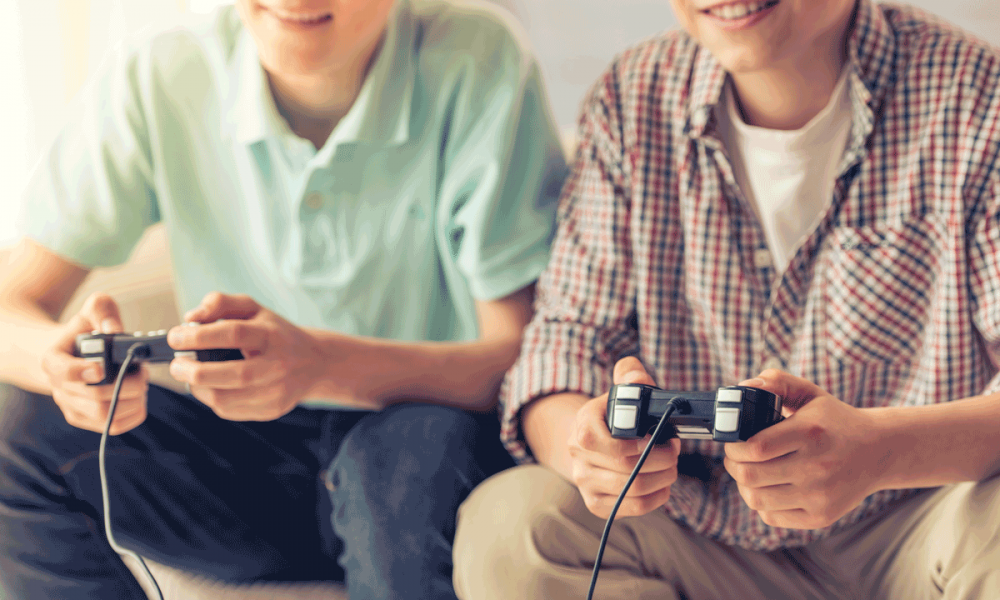Orthopaedic surgeons recommend more outdoor time and less gaming for kids
With the abundance of new technology in today’s society, many kids are overusing gaming consoles, smart phones and computers, leading to hand and spine problems that cause pain and limit function.
One of the most common conditions related to excessive video game use is De Quervain’s tendinosis, an inflammation of the tendons that connect the wrist to the thumb. More informally called “gamer’s thumb,” the injury is caused by the rapid, repetitive thumb movement associated with electronic game play.
The American Academy of Orthopaedic Surgeons (AAOS) recommends that parents monitor the amount of time that kids spend using electronics and encourage them to participate in activities that keeps them fit and healthy.
Expert advice
“Forcefully pounding a game controller or computer mouse for hours can cause inflammation of the tendons of the hand, as well as neck and back pain,” said AAOS spokesperson and orthopaedic hand surgeon Dori Cage, MD. “Parents can identify signs of “gamer’s thumb” if a child complains about pain or locking and clicking in thumb. To help reduce the risk of kids having this condition, limit their daily gaming to two hours or less.”
AAOS suggests the following tips to minimize electronics usage and injury risk:
- Take breaks from gaming: Expand your hobbies. Consider playing a sport or walking to the park. If you cannot stop voluntarily, put a program on your computer that will force you to take a break or set an alarm to alert you when it’s time to stop.
- Use good posture. Spending hours slouching on the couch or in front of a computer, gaming can lead to back, neck or arm pains.
- Get some exercise. Upper body and core strength helps with posture, reducing low back complaints and takes the strain off the smaller hand and arm muscles. Kids can achieve this by participating in activities such as running, biking, or swimming.
- Children should have at least 35 to 60 minutes of exercise each day. Without it, they can also miss their chance to build the strong bones they will need later in life.
- Stop gaming if you are getting pain. Do not continue to game if you are experiencing pain.
- Stretch your thumb during your breaks.
- Hold your hand out, palm facing you. Gently bend the tip of your thumb down toward the base of your index finger. Hold for 30 to 60 seconds. Repeat 10 times.
- With palm on table, lift thumb up. Hold 10 seconds. Relax and lower thumb. Repeat 10 times.
Dr. Cage is the co-author of a study appearing in the medical journal JAMA Internal Medicine about tendon rupture associated with excessive smartphone gaming.





No comments